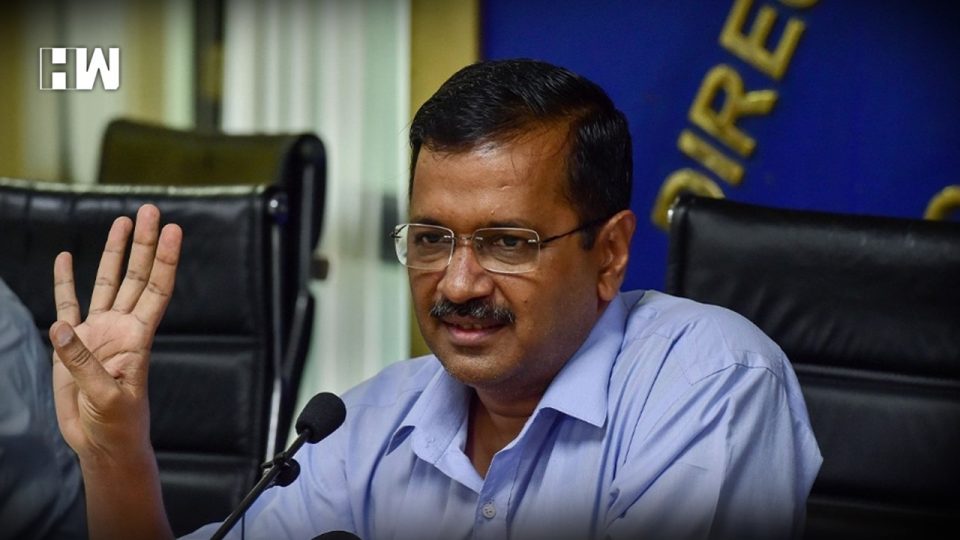Kejriwal said: “Due to stubble burning, the pollution level in Delhi is very high, hence the government has decided to shut all schools till November 5,”
New Delhi: On Friday the Delhi government announced the closure of all schools till November 5 as air quality deteriorated breaching ‘severe plus ’ level and pollution control body declared a public health emergency in Delhi-NCR, which remained surrounded in a thick, toxic layer of smoke and haze.
Kejriwal said: “Due to stubble burning, the pollution level in Delhi is very high, hence the government has decided to shut all schools till November 5,”.
Currently, Air Quality Index (AQI) in Delhi valued for hovering at 459 at 8 am and this is the first time that the air quality has dipped to emergency levels in the national capital this season. Such a situation was last seen in January 2019.
This highlighted the Environment Pollution Authority (EPA), a Supreme Court-mandated body, to declare a public health emergency. It also stated that the air quality in Delhi NCR has become “hazardous” and will have adverse health impacts on all particularly the children.
दिल्ली में पराली के बढ़ते धुएँ के चलते प्रदूषण का स्तर बहुत ज़्यादा बढ़ गया है. इसलिए सरकार ने निर्णय लिया है कि दिल्ली के सभी स्कूल 5 नवम्बर तक बंद रहेंगे
— Arvind Kejriwal (@ArvindKejriwal) November 1, 2019
Till November 5 the EPA also suspended all construction activity in Delhi-NCR. The measures are a part of the Graded Response Action Plan extreme measures that kick in as soon as the AQI breaches a severe level. Other solutions including the odd-even vehicle rationing, which begins on November 4 and banning the entry of trucks.
Every year Delhi has witnessed a spike in pollution after Diwali and the air quality quickly dipped and the nearby states also faced air pollution in the following week with the share of stubble burning in Delhi’s pollution rising to 35 per cent, according to the Ministry of Earth Sciences’ air quality monitor SAFAR.
On Monday Satellites picked up at least 2,200 instances of fires in Punjab and Haryana most of the case of stubble burning. On Tuesday, the India Meteorological Department (IMD) said the figure stood at 1,602 just for Punjab, the most recorded on a single day this season.
Experts have previously predicted that more crop residues are burnt around the time of Diwali since farmers can show them as incidental fires. They use the method to quickly and cheaply ready their fields for the next round of sowing.
As an independent media platform, we do not take advertisements from governments and corporate houses. It is you, our readers, who have supported us on our journey to do honest and unbiased journalism. Please contribute, so that we can continue to do the same in future.

